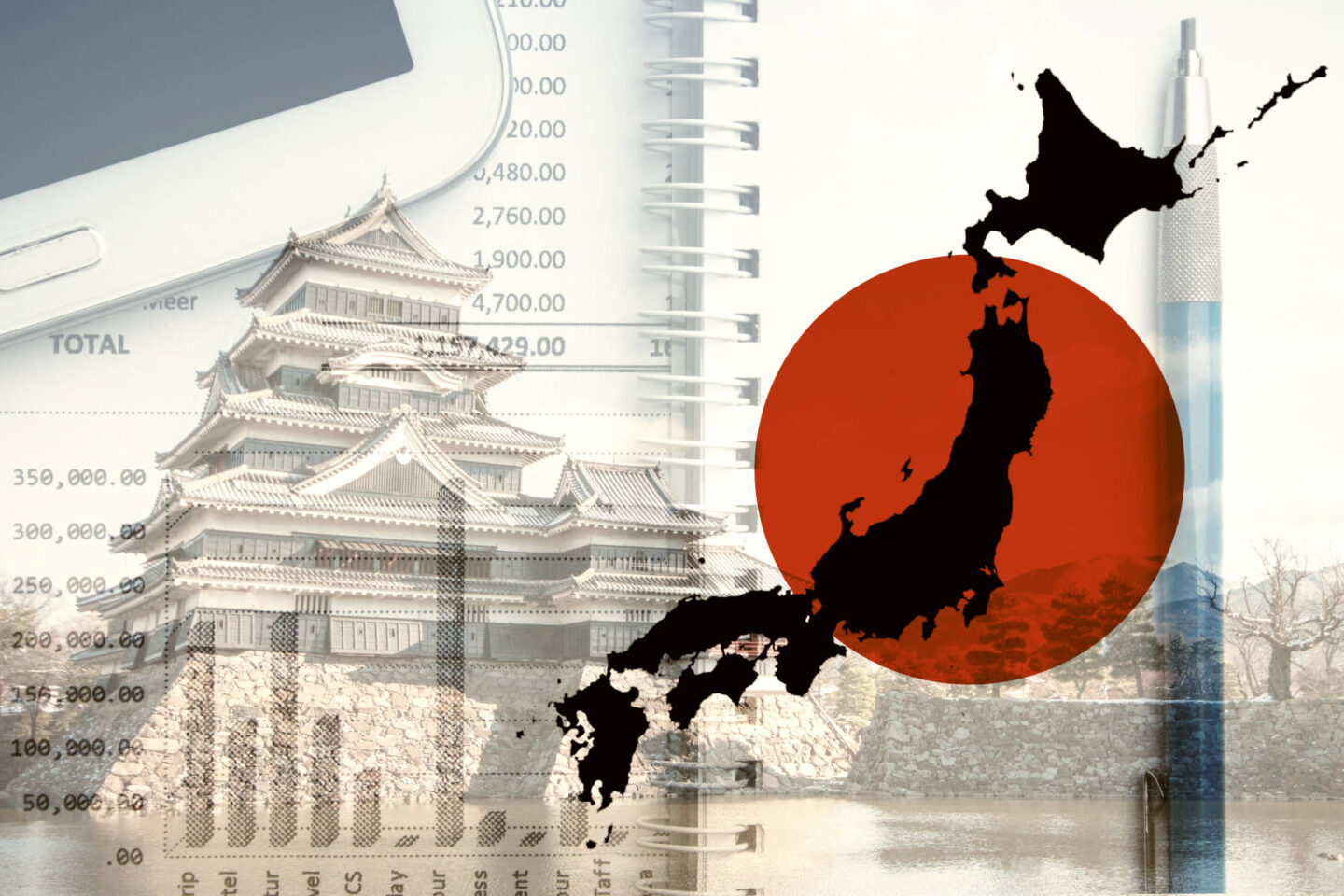
Busting the myths of M&A: 4 steps to success
Busting the myths of M&A: New research reveals why old merger strategies fail and how fresh thinking can lead to lasting value for both sides of the deal....

by Jochen Legewie Published November 8, 2024 in Finance • 5 min read
Global investors are suddenly converging on Japan. With growing skepticism towards China for the deployment of foreign capital, Japan is becoming increasingly attractive. The Wall Street Journal recently dubbed the world’s third-largest economy the “most exciting market” globally. But the question remains: Is the Japanese economy truly opening up? For years, Japan was considered largely inaccessible. Cultural peculiarities and a highly cumbersome M&A market made life difficult for foreign investors. The international finance community has long awaited cracks in the Japanese stronghold — only to be mostly disappointed in the past.
However, there are signs of change in the Far East. A coalition of various ‘activists’ from both domestic and international spheres, encompassing both private and public sectors, is currently dismantling cultural and economic barriers.
The concept of shareholder value — long mocked and rejected in Japan — now drives reforms and market openings more so than in many other regions. Who are these activists? What exactly is changing? What opportunities and communication challenges lie ahead for foreign investors aiming to succeed in Japan?
Since 2021, Japan has seen more public activist campaigns than any country other than the United States.
“For us to let flowers live, we must exist with them, without having a pre-set vision of what we want to create.”
Arguably the most influential ‘activist’ is Hiromi Yamaji, CEO of the Japan Exchange Group overseeing the Tokyo Stock Exchange TSE. The former Nomura banker is pushing listed companies to sustainably increase their valuations. While in Europe and the US, the proportion of listed companies with a price-to-book ratio (P/B ratio) below 1 stands at 20% and under 5%, respectively, in Japan, it remains over 25%. A similar picture with ROE: while less than 20% of S&P 500 and STOXX 600 firms have an ROE below 8%, the figure in Japan is still double that.

Through the TSE’s systematic “naming and shaming” of companies that show no visible efforts to boost their valuations, there has been a marked acceleration in stock buybacks, divestitures, and board restructurings. Its efforts have boosted domestic stock prices, with the Nikkei share average crossing a 34-year-high in February. The Ministry of Economy, Trade, and Industry (METI) has gone a step further. Once taboo, hostile takeovers are now not only viewed favorably but are actively supported by METI. A new guideline on takeover bids “without the target company’s consent” sets stringent rules on how such companies must respond to such offers, including the establishment of special independent committees and clear communication with all shareholders and the public.
This guideline has gained further traction and attention since insurer Dai-ichi Life won a bidding war against M3 for Benefit One earlier this year, despite the target company’s initial objections. Japanese firms are on high alert, while investment banks and other advisors are eagerly considering and preparing for unsolicited bids behind the scenes. The first ‘hostile’ takeover by a foreign company seems to be only a matter of time as shown by the recent movements including the unsolicited $47bn offer of Canada’s convenience store operator Alimentation Couche-Tard for Japanese retail giant Seven & i Holdings. If realized, it would by far be the largest takeover of a Japanese company by a foreign firm.
During its first funding round earlier this year, JAC had raised nearly €800 million from exclusively Japanese institutional investors within a few months.
Against this backdrop, it is not surprising that domestic engagement funds are also jumping on the bandwagon. Japan Activation Capital (JAC), a fund launched in 2024 by a former Carlyle partner, is currently receiving significant attention. While this fund does not fit the classic image of an aggressive activist, it aims to actively influence corporate policy by partnering with management, as exemplified by its first investment into LION Corporation just announced in October.
During its first funding round earlier this year, JAC had raised nearly €800 million from exclusively Japanese institutional investors within a few months. Noteworthy is the list of JAC’s 11 investors, led by major banks MUFG, Mizuho, and Resona, as well as major Japanese insurers. Even more remarkable is the fact that Sumitomo Life, Meiji Yasuda Life, and the Development Bank of Japan issued press releases about taking stakes in this engagement fund — an unprecedented move hinting that change turns to more than just lip service.
An opening market, however, is not automatically an easy one — quite the opposite.
Traditional conservative actors are becoming activists and reformers. The growing pressure from capital markets makes keeping the status quo untenable. As a result, foreign investors, now steering clear of China, are flocking to Tokyo in droves, either to set up offices or expand existing ones.
An opening market, however, is not automatically an easy one — quite the opposite. Clear positioning, the right messaging, and a deep understanding of the cultural nuances of the Japanese market remain essential for success here. Despite the increasing pace of changes in Japan, missteps in engagement will continue to have long-term repercussions. Therefore, simplistic activism remains the wrong approach – in Japan as elsewhere. October’s election results and the reaction of investors have shown one thing: that the current trend towards reforms and a further opening of Japan is here to stay. Even with some political uncertainties, the Nikkei index did not fluctuate strongly after October 27. This growing emancipation of the stock market from who is in power in Tokyo is certainly good news.

Jochen Legewie is Partner and Japan Head of strategic communications consultancy Kekst CNC in Tokyo and trustee of the Japan Association of Corporate Executives Keizai Doyukai. A 30-year Japan veteran, he appears regularly as a media commentator on Japanese economic and business issues and is widely published in English, Japanese, and German.

July 7, 2025 • by Patrick Reinmoeller, Markus Nicolaus in Finance
Busting the myths of M&A: New research reveals why old merger strategies fail and how fresh thinking can lead to lasting value for both sides of the deal....

April 24, 2025 • by Jerry Davis in Finance
Many regional developers have tried and failed to emulate Silicon Valley’s VC-driven model for innovation. Detroit, the birthplace of Ford, is following an alternative route – with promising results....
 Audio available
Audio available
April 23, 2025 • by Karl Schmedders in Finance
CFOs must drive a financially disciplined way to manage environmental risks amid growing pushback against environmental sustainability efforts, explains IMD’s Karl Schmedders....

April 11, 2025 • by Jim Pulcrano in Finance
IMD's Jim Pulcrano interviews Ruchita Sinha, General Partner of venture capital firm AV8 Ventures, and explores her approach to early-stage investing....
Explore first person business intelligence from top minds curated for a global executive audience